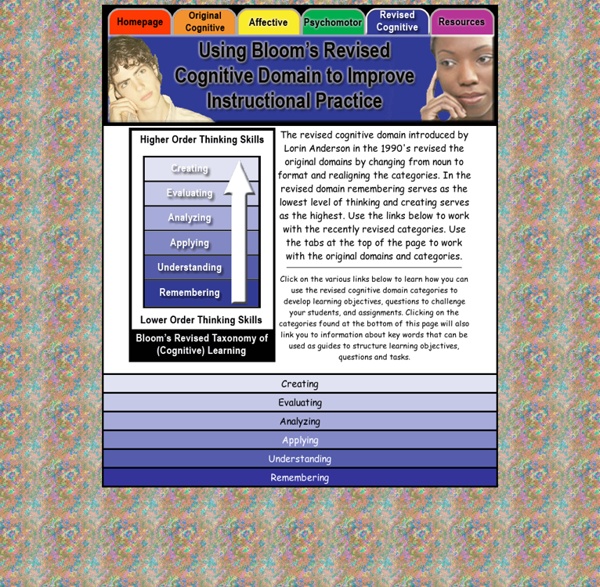People who think their opinions are superior to others are most prone to overestimating their relevant knowledge and ignoring chances to learn more
By guest blogger Tom Stafford We all know someone who is convinced their opinion is better than everyone else’s on a topic – perhaps, even, that it is the only correct opinion to have. Maybe, on some topics, you are that person. No psychologist would be surprised that people who are convinced their beliefs are superior think they are better informed than others, but this fact leads to a follow on question: are people actually better informed on the topics for which they are convinced their opinion is superior? This is what Michael Hall and Kaitlin Raimi set out to check in a series of experiments in the Journal of Experimental Social Psychology.
32 Animated Videos by Wireless Philosophy Teach You the Essentials of Critical Thinking
Do you know someone whose arguments consist of baldly specious reasoning, hopelessly confused categories, archipelagos of logical fallacies buttressed by seawalls of cognitive biases? Surely you do. Perhaps such a person would welcome some instruction on the properties of critical thinking and argumentation? Not likely? Well, just in case, you may wish to send them over to this series of Wireless Philosophy (or “WiPhi”) videos by philosophy instructor Geoff Pynn of Northern Illinois University and doctoral students Kelley Schiffman of Yale, Paul Henne of Duke, and several other philosophy and psychology graduates. What is critical thinking?
Web Tools for Teachers: Classroom Management
There are a lot of great classroom management tools on the web. The tools below are free, easy to use, and they do what they say they will do: Differentiation
Propaganda Techniques
Propaganda designers have been putting messages into television commercials, news programs, magazine ads, and other things we read and see for years. These messages have been carefully designed to influence our opinions, emotions, attitudes and behavior. Their purpose is to persuade us to believe in something or to do something that we would not normally believe or do. These messages have been designed to benefit someone, and that someone may not be you!
21st century education
Revised August 2008. Your Assignment, Should You Choose to Accept It . . . Like Alice, many educators, policy makers and even the general public respond resoundingly with "That's impossible!"
Truth, truthiness, triangulation: A news literacy toolkit for a “post-truth” world
We were guaranteed a free press, We were not guaranteed a neutral or a true press. We can celebrate the journalistic freedom to publish without interference from the state. We can also celebrate our freedom to share multiple stories through multiple lenses. But it has always been up to the reader or viewer to make the reliability and credibility decisions.
10 Team-Building Games That Promote Critical Thinking
10 Team-Building Games That Promote Critical Thinking by TeachThought Staff One of education’s primary goals is to groom the next generation of little humans to succeed in the “real world.”
List of U.S. government websites for students, parents and educators
Home > Links > For Students Here's a list of links to websites that are both educational and fun. The following categories will help you determine which website is right for you: These websites contain entertaining information for kids in grade and middle school.
Wikipedia: Critical Thinking
Critical thinking is a type of clear, reasoned thinking. According to Beyer (1995) Critical thinking means making clear, reasoned judgements. While in the process of critical thinking, ideas should be reasoned and well thought out/judged.[1] The National Council for Excellence in Critical Thinking defines critical thinking as the intellectually disciplined process of actively and skillfully conceptualizing, applying, analyzing, synthesizing, and/or evaluating information gathered from, or generated by, observation, experience, reflection, reasoning, or communication, as a guide to belief and action
Information Power
The mission of the library media program is to ensure that students and staff are effective users of ideas and information. This mission is accomplished: by providing intellectual and physical access to materials in all formats by providing instruction to foster competence and stimulate interest in reading, viewing, and using information and ideas by working with other educators to design learning strategies to meet the needs of individual students. --Information Power: Guidelines for School Library Media Programs (1988), p.1
edutopia
Editor's note: This post is co-authored by Nancy Frey, a Professor of Literacy in Educational Leadership at San Diego State University and a credentialed special educator, reading specialist, and administrator. Questions are a common way for teachers to check for understanding, right? The answer we’re looking for is "yes." Who hasn't questioned a group of students to determine whether or not they understood the content? Unfortunately, not all questions are created equally.



